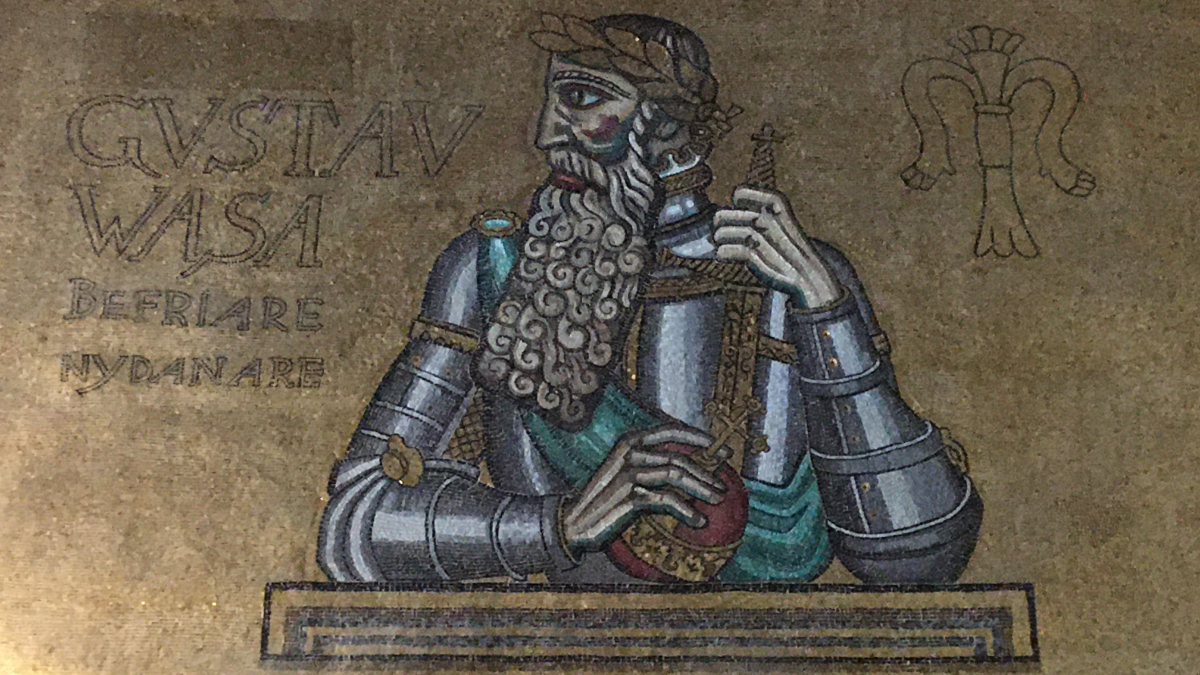
Crypto
The creation of crypto money promised independence from central banks and government control. This is not so, all crypto solutions depend on a central blockchain that can, in principle, be controlled by somebody. The benefit of coins and paper money is that they circulate without a trace in a central register. This makes them the real tool for freedom. Can we combine a digital currency with an independent carrier of value, like a coin? It is possible.
First each digital coin got to have an issuer. Someone have to create the coins, and keep a list of unique serial numbers for all of them. This is important for validation. It is easy to copy a digital coin, so there need to be a mechanism for checking the authenticity of each coin. The second feature a digital coin need is to keep track of its own history. Every coin needs its own blockchain. There is no central register for tracing the ownership history, it is all decentralized. When a coin change ownership, both the previous owner, and the new owner provide their unique code to extend the “coin chain”. It means the size of a coin will grow over time. But as with all block chains, it can easily be validated all through, since there is no way to take over a coin with a broken chain. When a new owner of a coin wants to check the authenticity of the coin, he sends a signature of the coin to the issuer, who “stamps” it so the coin owner can add a new link, a validation link, to the coin chain. This makes the coin unique from all eventual copies, since a coin can’t be stamped twice from the same owner without a transfer in between. The central issuer has a record for each coin that doesn’t grow, it just changes for each validation, so there is no traceable history at the issuer site, the history is kept by the coins themselves.
So is this system practical? The growing size of each coin can be a problem of course, but it is like paper money, they get old and need to be taken out of circulation after a while. This can be done with “fat” digital coins also, send them to the issuer in exchange for new slim coins. There is also a challenge in the exchange of coins, where both parties need to trust their software. It is also important that a receiver of a digital coin makes sure the coin is validated if it comes from a stranger, otherwise it can be a copy with no value. To see if a coin is validated will be done by checking that the last link is a validation link, not a transfer link.
This kind of system is quite easy to implement, so one can wonder why it is not done already. My guess is that it is all about control. Every crypto system wants to keep some control, and a distributed system like this will give less control, so the incitement to make it is less attractive. Maybe this kind of system will come eventually, when the trust in current centralized crypto systems vanish.